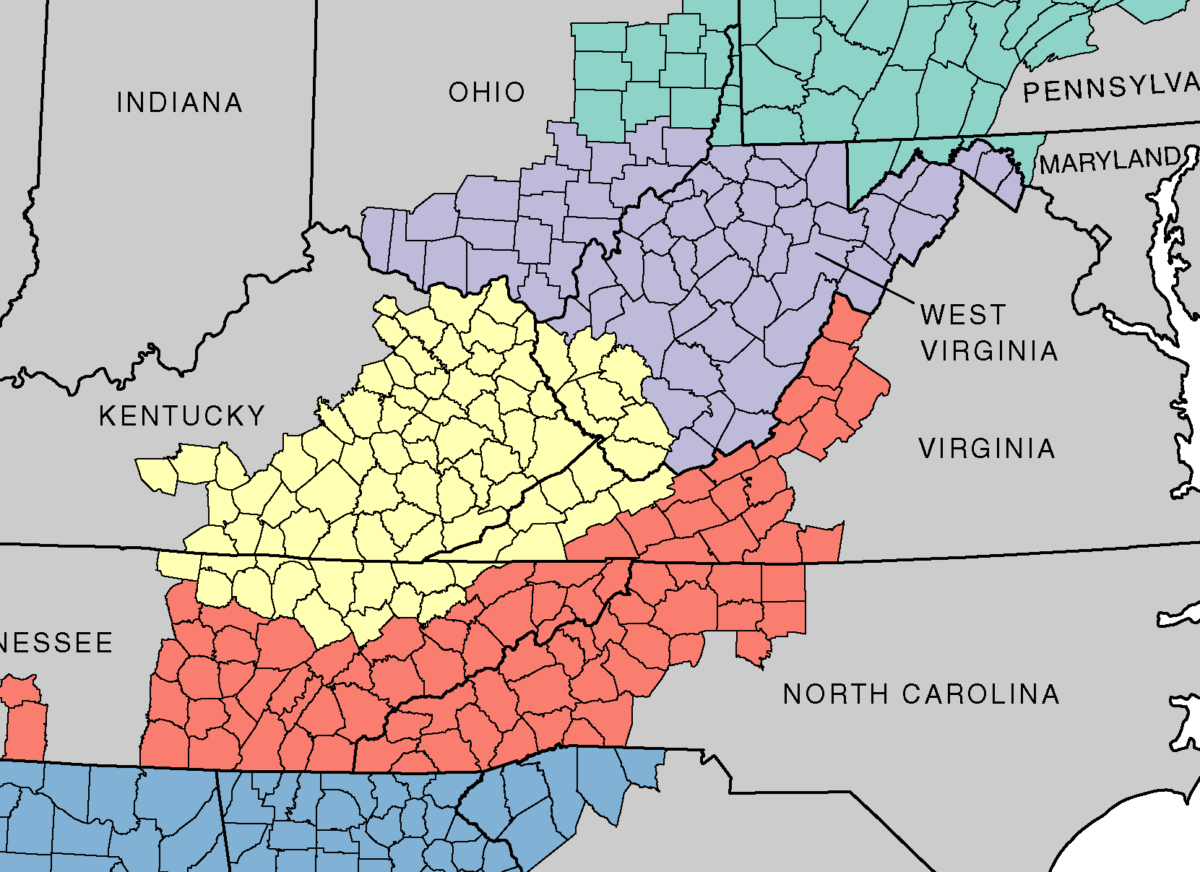The school bus begins picking up children before 6 a.m. in Elaine, Arkansas, a small, mostly African American town on the Mississippi River floodplains about 120 miles east of Little Rock. It crawls past long stretches of oxbow lakes, acres of soybean and cotton fields, and two closed schools to […]
Read MoreRural America
Rural Policy: ‘Here’s What We Need,’ Advocates Say
The Trump administration and Democratic presidential candidates have had a chance to sound off on what they think needs to happen in rural America. Now we hear from advocates on the ground who identify the key policy changes they think would do the most good for rural America. Rural America […]
Read MoreNew Research Challenges Idea Behind ‘Deaths of Despair’
Low-income Americans are dying at a higher rate than high-income Americans. In fact, the life span of low-income Americans is becoming shorter – a trend largely attributed to drug and alcohol-related deaths, which has been called deaths of despair. “The least well-off Americans have seen their wages become stagnant, their […]
Read MoreQ&A: Why We Need Better Reporting on Rural America
Is there room to tell more complete stories about the diverse circumstances and perspectives in rural America? We better hope so, says Kansas native Sarah Smarsh, author of the bestselling memoir “Heartland: A Memoir of Working Hard and Being Broke in the Richest Country on Earth.” Smarsh speaks with veteran […]
Read More‘Cities v. Country’: Focus on Divide Means Rural Voices Go Unheard
You probably wouldn’t suspect it, but journalist Sarah Smarsh’s dad’s favorite politician is Maxine Waters. Nick Smarsh is a fourth-generation wheat farmer and lifelong construction worker from rural Kansas, Waters a decidedly liberal congresswoman from southern California. Granted, Nick Smarsh isn’t likely among the majority of rural Americans in his […]
Read MoreSurvey Report Reveals Disparities In Appalachian Subregions
This article was originally published by Ohio Valley ReSource. A new report from the Appalachian Regional Commission shows that Central Appalachia lags behind other parts of the region in employment, household income and other key measures. The data come from the American Community Survey, which is similar to the census […]
Read More






